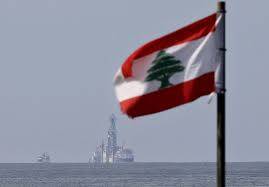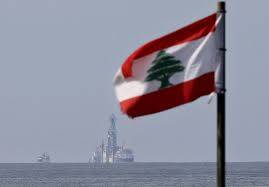The maritime border demarcation with Israel has overshadowed other outstanding Lebanese issues, even surpassing the fundamental problem of forming a new government capable of addressing upcoming local and regional challenges. Leaks regarding the visit of the American mediator Amos Hochstein to Beirut do not indicate clarity but rather keep the file within a gray area subject to interpretation, with hopes for clearer outcomes following his anticipated return in the coming weeks after claims that Lebanon has succeeded in asserting its rights from Israel. There are concerns that the vagueness of Hochstein's statements may involve further delays and procrastination, especially since this is not the first time he has visited Lebanon, during which he expressed optimism about reaching an agreement and his readiness to proceed with indirect negotiations. It is worth noting that, to date, he has not obtained Israeli approval for the Lebanese demands, raising questions about his presence.
In response, the former Lebanese Army Brigadier General and head of the Middle East Center for Studies and Research, Hicham Jaber, told "Al-Markazia": "America and Israel are in a hurry to enable Tel Aviv to produce and export gas before winter and the frost to allies suffering from shortages, and Europe deprived of the material due to the Russian-Ukrainian war. Hence, the push to finalize the demarcation file with Lebanon." He added that both parties are significantly concerned that regional developments might lead to military actions that no one desires, preventing the fulfillment of Israeli commitments to Europe and others to deliver gas in a timely manner, which would entail substantial political and economic risks that no one can bear.
Jaber further praised the "unified Lebanese position that adheres to its rights and rejects all forms of covert normalization through joint proposals in blocks and production," affirming the validity of insisting on the Qana field in exchange for Karish, considering that the military movements undertaken by Hezbollah were beneficial and supportive of the official position manifested in the tri-presidential meeting with Hochstein.
He concluded by calling for the establishment of "a special authority or fund for the oil file, away from cronies and political parties, to work seriously on managing the extracted wealth and its proper investment to uplift the country from the disaster it has fallen into, especially since Total, the French company, and President Emmanuel Macron announced their full readiness to begin drilling and production in Lebanese fields."




